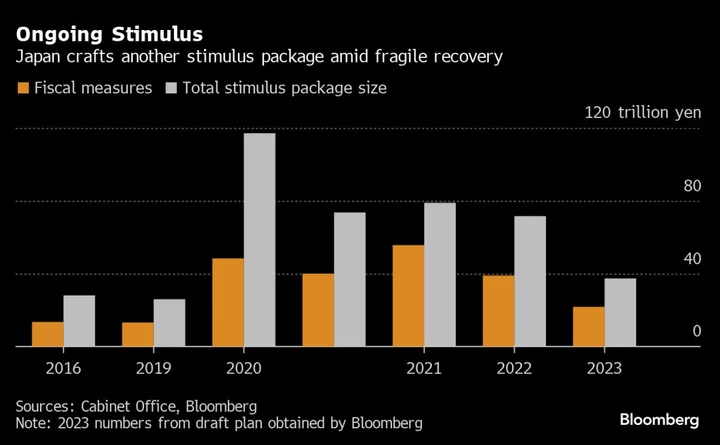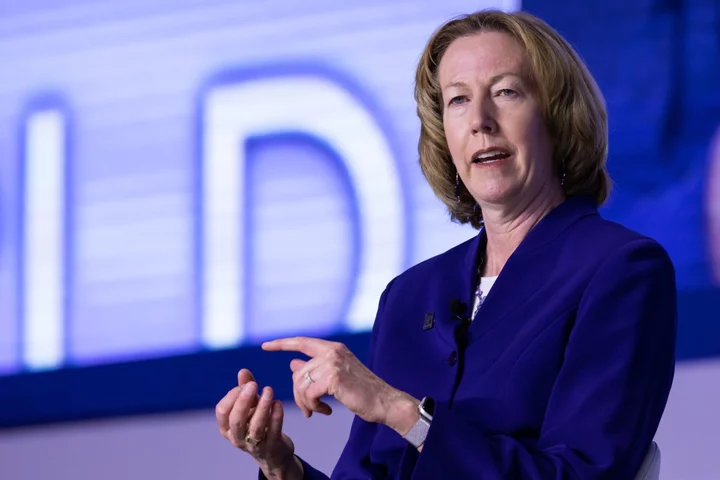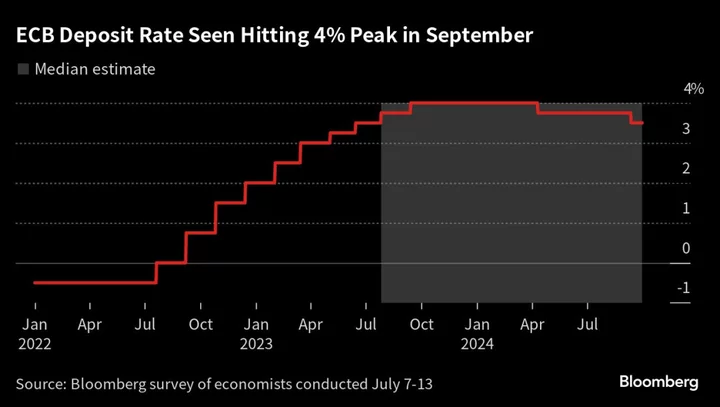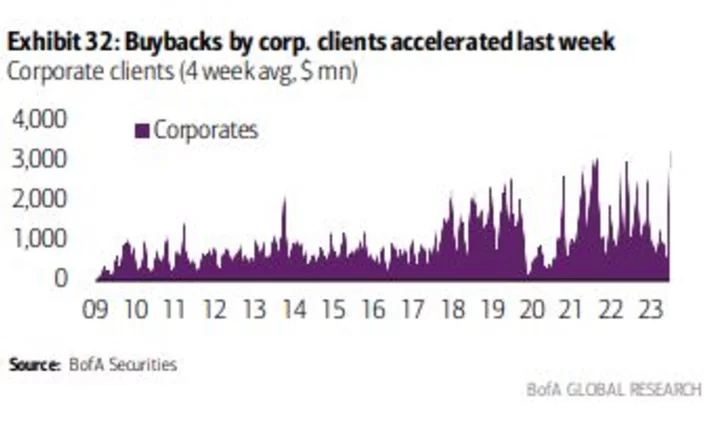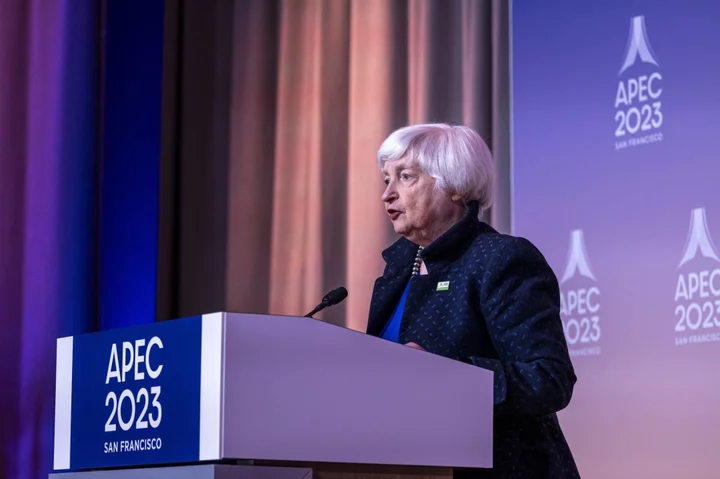Japan’s cabinet approved a ¥13.2 trillion ($87.2 billion) extra budget to support Prime Minister Fumio Kishida’s latest economic package, amid an ongoing decline in support for his administration.
To fund the larger-than-expected package, Japan will issue an additional ¥8.9 trillion in bonds, according to plans approved by the cabinet Friday. The government is also set to partly cover the extra budget costs with a surplus from the previous year and some extra tax revenues.
Kishida’s latest economic measures centering on income tax cuts and handouts to low-income households have not been well-received by the public so far. Worries continue to simmer that the extra expenditure will add to Japan’s already massive debt burden, now equivalent to 255% of its economy.
“We need to keep aiming to get to primary balance by the fiscal year ending March 2026, and stably reduce our debt-to-GDP ratio,” Finance Minister Shunichi Suzuki told reporters after the cabinet approved the extra budget. “It’s important to pursue responsible fiscal management.”
The cabinet’s approval rating slumped by 10.5 percentage points to 29.1%, according to a JNN survey conducted on Nov. 4-5, following the announcement of the package. Amid the low public support and a tight political schedule, Kishida appears to have given up on holding an election by the end of the year, according to local media.
Of the total spending outlined in the supplementary budget, ¥2.7 trillion will be used to ease the impact of rising prices on households, while ¥1.3 trillion is allocated to reinforce wage increases. The cabinet office estimates these measures are likely to lift the economy by 1.2% annually for the next three years.
--With assistance from Emi Urabe.
(Updates with comments from the finance minister)

